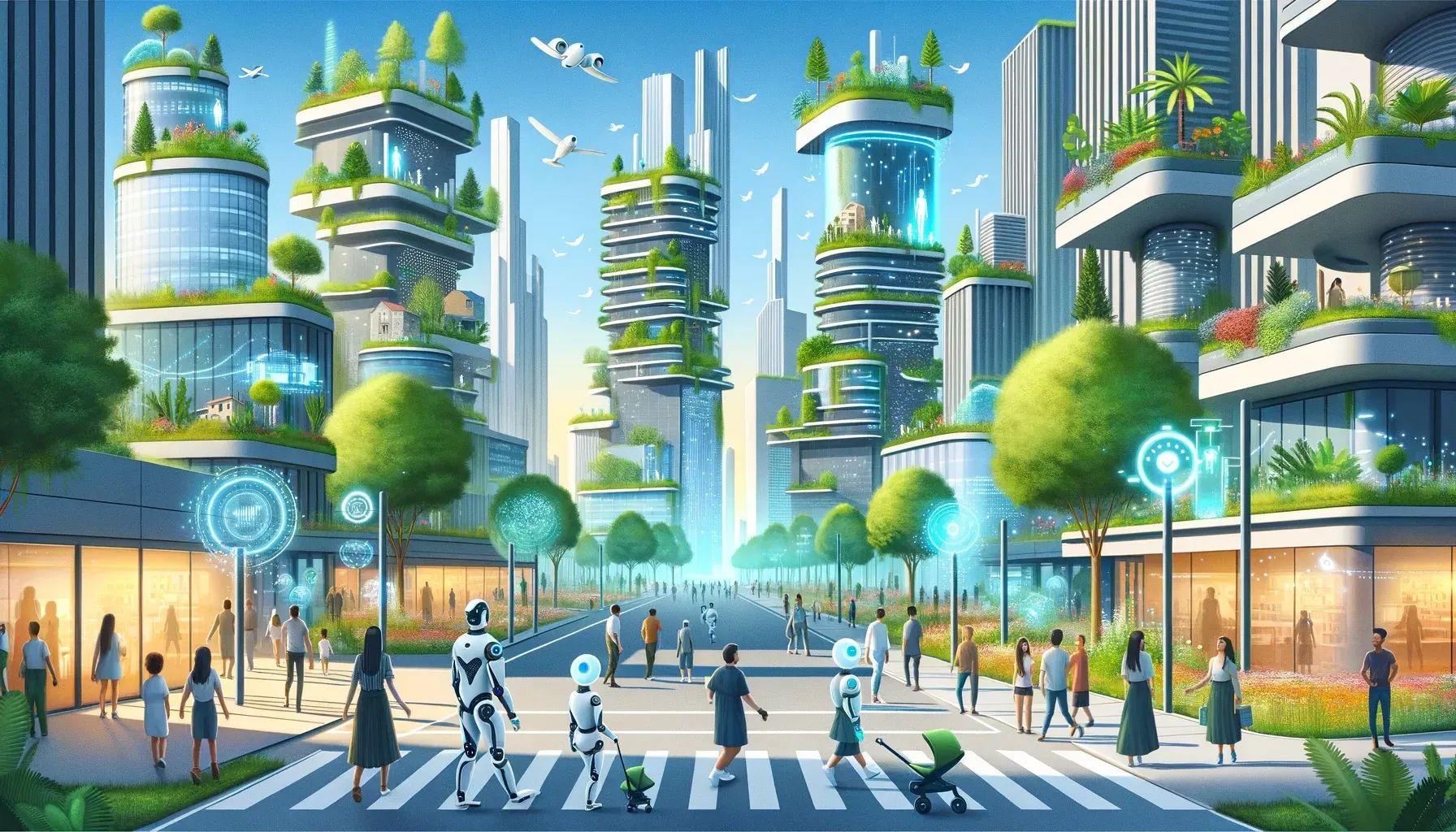
Embracing the AI Era: How Society Will Transform in the Next Decade
The 21st-century landscape is rapidly evolving, and artificial intelligence (AI) stands as a monumental pivot around which our world is increasingly revolving. The progression from rudimentary algorithms to sophisticated, self-learning systems has catapulted AI from the realms of science fiction into the very fabric of our daily lives. This article delves into how AI is reshaping society, touching on the ethical implications, transformative potential, and practical solutions to the challenges we face in this new era.
The AI Revolution: Understanding the Basics
AI encompasses a broad range of technologies, from machine learning and neural networks to natural language processing and robotics. These advancements are not just technical feats; they represent a paradigm shift in how we interact with technology, how businesses operate, and how governments function. The AI revolution is akin to the industrial revolution in its scope and potential impact, promising unprecedented changes in every sector of society.
Ethical Considerations in AI Development
As we embrace AI, we must grapple with complex ethical questions. Issues like privacy, bias in AI algorithms, and the displacement of jobs due to automation are at the forefront. Addressing these concerns requires a collaborative approach involving policymakers, technologists, and the public. Transparency in AI development, ethical guidelines, and continuous dialogue are essential in creating an AI-integrated society that is equitable and just.
AI's Impact on Everyday Life
In the next decade, AI will become more ingrained in our daily lives. Smart homes will anticipate our needs, personalized healthcare will become the norm, and smart cities will improve our quality of life. However, this integration also demands that we adapt – both in terms of skills and mindset. Education systems must evolve to prepare the next generation for an AI-centric world, focusing on creativity, critical thinking, and emotional intelligence.
The Future of Work in the AI Age
One of the most significant impacts of AI is on the job market. While some jobs will become obsolete, new ones will emerge. The future of work lies in synergy between human and machine intelligence. Upskilling and reskilling will be crucial in this transition. Governments and organizations must invest in training programs to equip the workforce for the AI-driven economy.
AI as a Tool for Social Good
Beyond its commercial applications, AI has tremendous potential for social good. AI can help in addressing climate change, improving healthcare in underserved areas, and enhancing education. By harnessing AI for societal challenges, we can steer the technology towards a future that benefits all.
The Role of AI in Global Challenges
AI has a critical role in tackling global issues like pandemics, climate change, and humanitarian crises. By analyzing vast amounts of data, AI can help in predicting outbreaks, modeling climate solutions, and optimizing resource distribution in disaster zones. The international community must come together to leverage AI for these global challenges.
Preparing for the AI Future
To navigate the AI era, continuous learning is key. Individuals need to stay informed about AI advancements and their implications. Governments should foster an environment that encourages innovation while ensuring ethical standards. Collaboration between sectors is vital to harness AI's potential responsibly and effectively.
Conclusion
The AI era is not just about technological advancement; it's about reshaping our society in ways that foster innovation, equity, and sustainability. As we stand at the cusp of this transformative period, it is imperative that we approach AI with a balanced perspective – embracing its potential while remaining vigilant about its challenges. In doing so, we can ensure that the AI future is one that enhances, rather than diminishes, our humanity.




